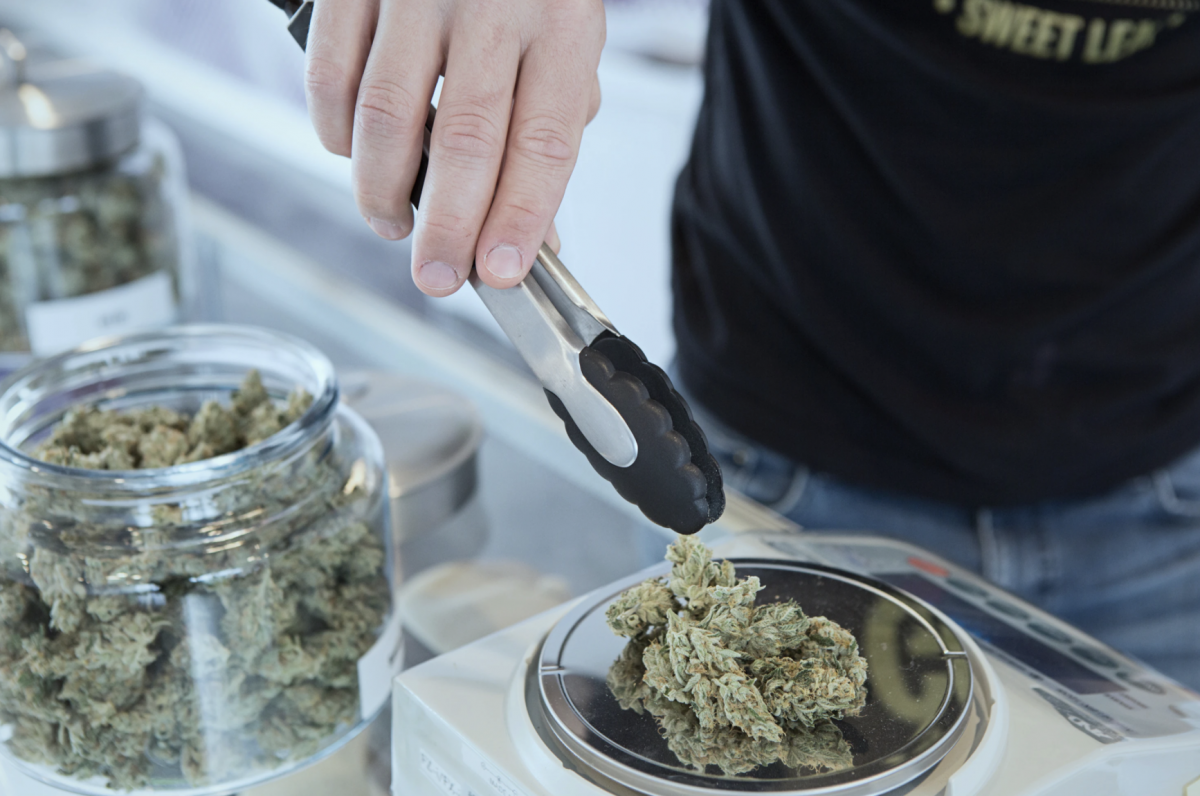Cannabis flower products could disappear from store shelves in Tennessee next year thanks to new state rules, a threat to businesses and consumers, advocates say.
State lawmakers passed new laws this year to regulate the growing cannabis industry in Tennessee. Some of those rules went into effect in July. For example, cannabis products are moved behind shelves of stores that aren’t 21 and up. A new, 6-percent tax on cannabis products was levied, too.
The new law also made the Tennessee Department of Agriculture (TDA) responsible for regulating the cannabis industry here. On Monday, the department issued new rules for cannabis producers and products.
They immediately drew the ire from the Tennessee Growers Coalition (TGC), the advocacy and lobby agency for the state’s cannabis industry. The group is now organizing its members to fight the new rules.
TGC’s executive director Kelley Hess said the new law focused only on the Delta 9 cannabinoid and said that’s how hemp is defined on the federal level. But state agriculture officials added new THC standards for THCA and CBD flower. This could pinch producers and retailers as these products are “at least 70 percent of the market right now” and “what people have been building their businesses around.”
The new rules won’t affect edible products, like gummies, she said. Those products are made with cannabis oils that can be measured, fine-tuned all along the production process, and remain stable on the shelf. Cannabinoid profiles in flower products, however, can change.
“The organic, raw flower is what’s really at jeopardy,” Hess said. “[The TDA is] just calculating the cannabinoids differently than what we’ve been calculating them for the last five years.”
The TDA has overseen the state’s hemp industry since 2015. However, that oversight began as an industrial hemp program, when the crop was most likely intended to make rope, concrete, and those hippy hemp pullovers.
That changed with the federal Farm Bill and the discovery of cannabinoids that could be pulled from hemp. The word “industrial” was all but phased out and TDA teams now travel the state testing hemp plants to ensure the THC levels in them are below a federally mandated .3 percent.
In the past, that’s where the department left it. Whatever happened to that legal hemp and its cannabinoids afterward was up to the farmer and the market. The new law now mandates TDA to manage cannabis and an edible foods program (like gummies) from the plant all the way to the shelf. The new rules issued Monday basically outline the structure of that program.
Hess said her group and producers across the state offered ideas for state officials for the program but they did not listen. The new THC standard, she said, is a “misinterpretation of the bill” and warned agirculture officials that “you cannot do that.” But “they still did not take that seriously.”
Hemp growers already have to meet those strict state guidelines in the field, she said. The move cut the number of producers from around 4,000 in the state to around 400. Hess said the TDA is now trying to “copy/paste” similar rules to the product side.
“It’s another standard that these growers and producers have to meet, which is completely unrealistic and unattainable,” Hess said. “So, they can’t do it. Then, all of these products that are on the shelf now will become illegal and noncompliant. So, law enforcement can come with criminal charges.
A public hearing on the matter is scheduled for February. That hearing comes during the next session of the Tennessee General Assembly.
